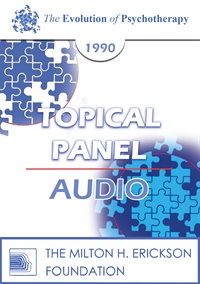EP90 Panel 12 - Therapy and Social Control - Mary Goulding, MSW; Jay Haley, MA; Salvador Minuchin, MD; Thomas Szasz, MD
- Average Rating:
- Not yet rated
- Topic Areas:
- Topical Panels | Psychotherapy | Ethical Practice | Social Issues
- Categories:
- Evolution of Psychotherapy | Evolution of Psychotherapy 1990 | Pioneers in Couples and Family Therapy
- Faculty:
- Mary Goulding, MSW | Jay Haley, MA | Salvador Minuchin, MD | Thomas Szasz, MD
- Duration:
- 1 Hour 02 Minutes
- Format:
- Audio Only
- Original Program Date:
- Dec 15, 1990
- License:
- Never Expires.
Description
Description: This conversation explores the ethical tensions between therapy and social control, including court-ordered treatment, involuntary clients, and state-funded care. Panelists reflect on the therapist’s role in promoting autonomy while navigating systemic constraints. Topics include advocacy, community-based models, and the balance between support and coercion in institutional contexts.
Moderated by Stephen Gilligan, PhD.
Educational Objectives:
- To compare and contrast clinical and philosophical perspectives of experts.
*Sessions may be edited for content and to preserve confidentiality*
Credits
Handouts
| Timestamped Transcript (830.7 KB) | 19 Pages | Available after Purchase |
| Ericksonian Learning Snapshot (243 KB) | 2 Pages | Available after Purchase |
Faculty
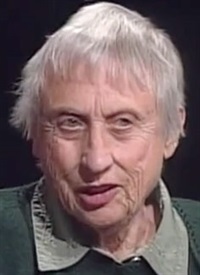
Mary Goulding, MSW Related Seminars and Products
Mary Goulding, MSW, is one of the leading exponents of Transactional Analysis. Along with her husband Robert Goulding, she developed an approach called Redecision therapy which synthesizes Transactional Analysis and Gestalt. Together they founded the Western Institute for Group and Family Therapy in Watsonville, California, and co-authored two professional books about their approach. There is also an edited volume about the Redecision model. Mary has served as a member of the Board of Trustees of the International Transactional Analysis Association and is a Teaching Member of that organization. Her M.S.W. was granted in 1960 from the School of Social Welfare, University of California, Berkeley.
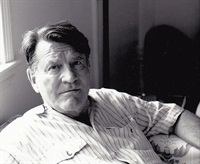
Jay Haley, MA Related Seminars and Products
Jay Haley (M.A., 1953, Stanford University) was Director of Family Therapy Institute of Washington, D.C. He was one of the leading exponents of the strategic/interpersonal approach to family therapy. Haley served as Director of the Family Experiment Project at the Mental Research Institute and as Director of Family Therapy Research at the Philadelphia Child Guidance Clinic. He has authoered seven books, co-authored two and edited five. Additionally, he has more than 40 contributions to professional journals and books. Haley is the former editor of Family Process, and the first recipient of the Lifetime Achievement Award of The Milton H. Erickson Foundation.
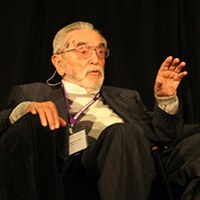
Salvador Minuchin, MD Related Seminars and Products
Salvador Minuchin, MD, developed Structural Family Therapy, which addresses problems within a family by charting the relationships between family members, or between subsets of family. He was Director of the Philadelphia Child Guidance Clinic. Although it was minimally staffed when he began, under his tutelage the Clinic grew to become one of the most modeled and respected child guidance facilities in the world. In 1981, Minuchin began his own family therapy center in New York. After his retirement in 1996, the center was renamed the Minuchin Center. Dr. Minuchin is the author of many notable books, including many classics. His latest is Mastering Family Therapy: Journeys of Growth and Transformation. In 2007, a survey of 2,600 practitioners named Minuchin as one of the ten most influential therapists of the past quarter-century.
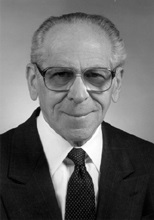
Thomas Szasz, MD Related Seminars and Products
Thomas S. Szasz, (M.D., University of Cincinnati, 1944) was Professor of Psychiatry at the State University of New York, Upstate Medical Center in Syracuse. He was recipient of numerous awards, including the Humanist fo the Year Award from the American Humanist Association and the Distinguished Service Award from teh American Institute for Public Service. He has received a number of honorary doctorates and lectureships, and served on the editorial board or as consulting editor for ten journals.
Szasz has authored approximately 400 articles, book chapters, reviews, letters to the editor and columns. He has written 19 books.


